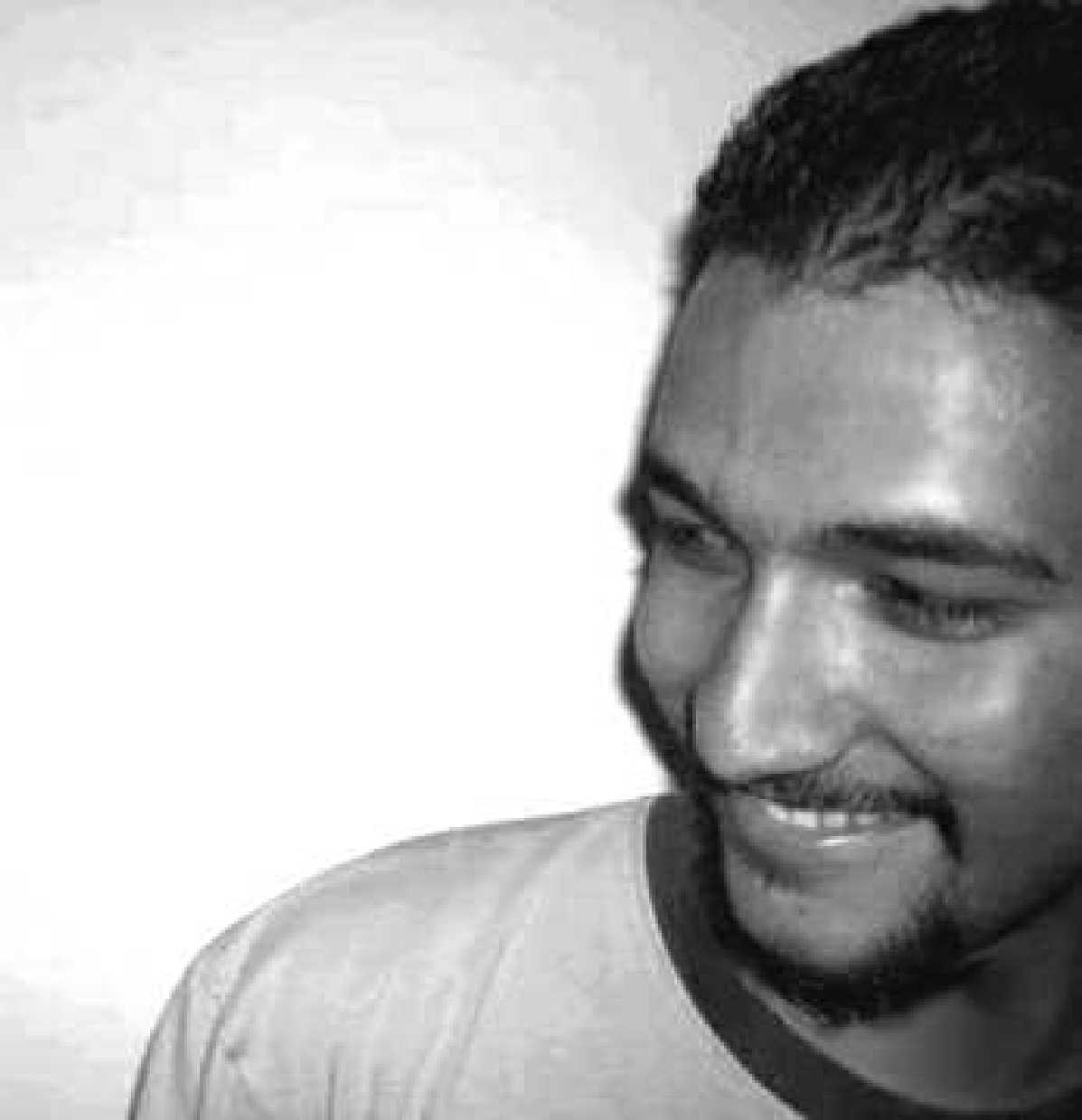
Whos That in the Mirror?
I'm sure you've heard the recent news story about the world's first face transplant. A
great medical advance, isn't it? We should all thank scientists for their efforts to bring
us wonderful things: it's hard to forget how helpful atomic energy has been for the
residents of Hiroshima and Nagasaki.
Now, no one would claim that every technology is used to build a new weapon, but it's hard
to disregard the irony in the fact that natural science generally focuses on two main
areas, military and medical: to threaten and to provide hope; to end life and to better
it; to destroy the living and to cure them. Though face transplantation is already the
subject of some conspiracy theories, just like cloning and genetics are, it would seem
that things are much deeper than this. It would be unfair to regard the future
consequences of turning our bodies into X-Press On covers only in terms of the potential
criminal abuses.
Something Isabelle (the face transplant patient) said was a summary of everything one
could say about the operation: "I don't see myself in the mirror. It doesn't feel
like anything in my face except my eyes belongs to me."
"Where everyone can be someone else," writes Stanislaw Lem in the novel
"The Star Diaries" ("Yıldız Güncesi," Iletişim Yayınları),
"a person will spend his time jumping from one life to another.... [O]nce you're able
to be anyone you wish...you're no one." Now, this is what I'd call farsightedness,
because these words were written in 1957. In the 1950s, most people couldn't imagine
"jumping from one life to another." It was pure science fiction to talk about
modifying an individual's appearance or personality through scientific methods such as
transplantation and medicines that affect the brain. Now, it's genuine reality for us, as
long as we have sufficiently brave French surgeons or the necessary prescription from a
psychiatrist.
Accept it or not, we're all in the middle of an I-don't-see-myself-in-the-mirror
situation, because everything we have in the way of identity is becoming concretized and
modifiable (such as MSN Messenger nicknames, emotions, display pictures and status icons).
Once this process is completed and our identities are totally merged with what's seen from
the outside, we'll step into the next phase. We can ask Lem what that next phase is, since
he's passed the reliability test, but we probably won't like his answer. Moreover, what he
says will sound overly imaginary, but let's not forget that what some call impossible is
just what they haven't seen before.*
"All the disabilities, innate imperfections, all the ugliness and stupidity
disappeared within a short period of time. In order to prevent anatomic anarchy, the
Committee of Body and Soul Planning was founded to provide tested transformation models
for the market....[Centuries later,] people had become quite bored with the ability to
transform themselves physically. The idea of shaping the mind created great enthusiasm
within society.... Finally, society has become a huge 'mind comb' where the human larva is
imprisoned."
I won't make fun of those who are celebrating their victory over our "evil"
imperfections, but they'd better not forget that sometimes when you win, you lose.* *These
sentences are altered versions of quotes from the movie "What Dreams May Come."
İsmail O. Postalcıoğlu (POLS/III)
ismail_orhan@yahoo.com
 |







